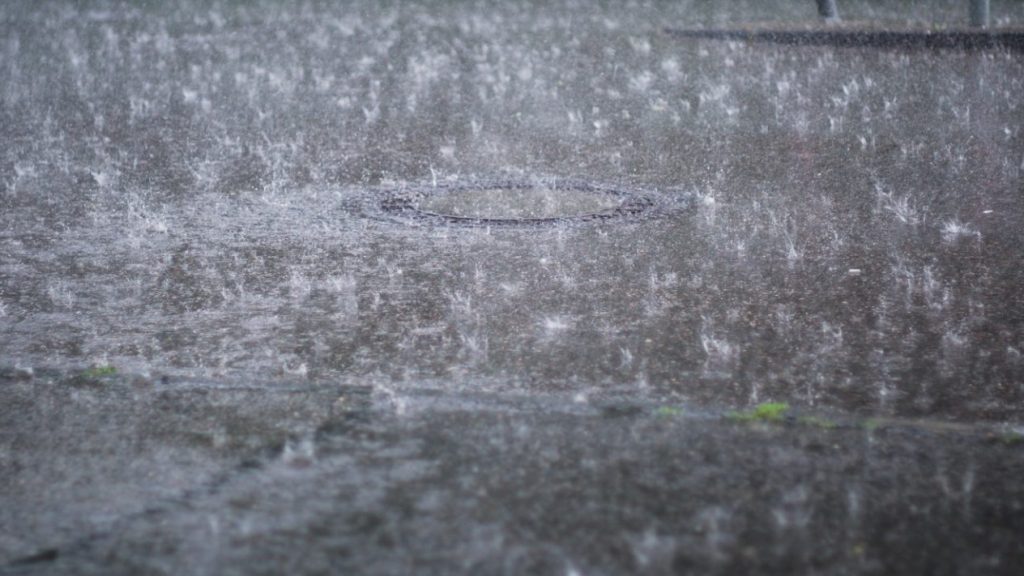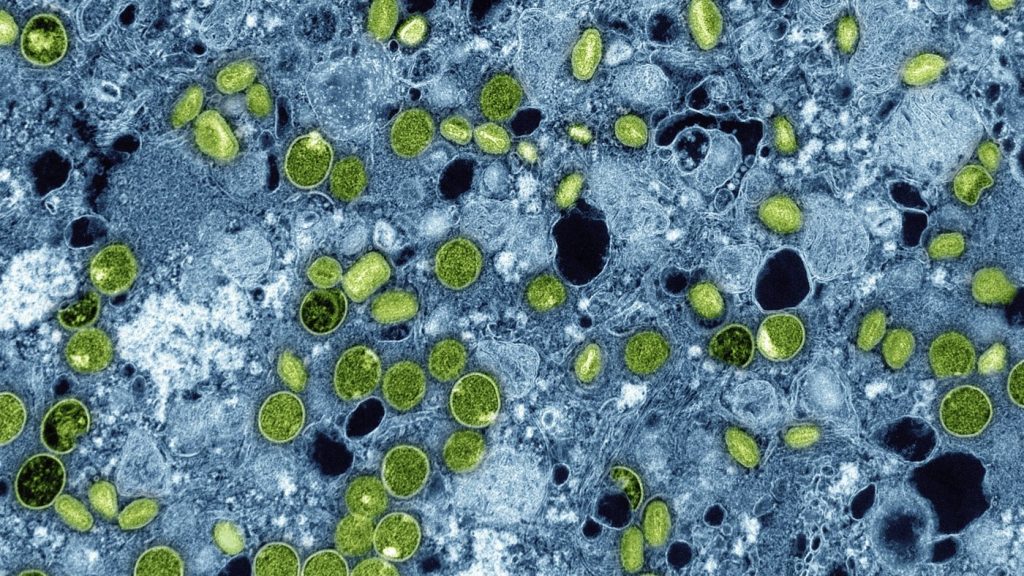Vaccine project expanded to help inform all students in the province
Posted Nov 9, 2021 05:44:00 PM.
A Dalhousie University-supported organization is expanding its successful vaccination project to help educate all youth in the province about issues surrounding COVID-19 and available vaccines.
Created by the non-profit group Imhotep’s Legacy Academy (ILA), the Encouraging Vaccine Confidence (EVC) program originally began as a method to combat vaccine hesitancy and misinformation in African Nova Scotian communities through science-based activities and programs.
“We found in the past that this framework helps educate students for science concepts and we just wanted to apply that framework to educating youth as well on topics related to COVID-19,” explains project manager and lead developer Haley Matthews about the program’s origin.
Since 2003, the ILA has aimed to help carve out pathways for African Nova Scotians to obtain education and careers in fields of science, technology, engineering and math (STEM).
Recently, it has been leading after school programs and bringing experts in virology, epidemiology and other related fields to provide students accurate information about COVID-19 and vaccines in order to allow youth to make informed decisions about the coronavirus vaccine on their own.
Having formed partnerships with 11 schools, reaching almost 300 students in Nova Scotia, the project has proven very successful since it was launched.
“With the positive feedback that we’ve been receiving from the communities, our project actually expanded its scope,” says Matthews. “Originally we were just presenting to students of African heritage, but after identifying that other students within our community want to engage in these activities — especially Indigenous students — we have opened the project activities up to all students.”
As such, the program hopes to reach upwards of 800 students by the end of January by inviting all interested schools to take part in the project’s interactive science programs designed for students in grades four to 12.
“We would love for more schools to reach out to us,” says Matthews, adding previously the group had worked primarily with schools with higher demographics of African Nova Scotian youth. “With cases rising in some of the schools within the Halifax region, in general, that would definitely benefit students if educators reach out to us and facilitate those arrangements.”
As part of the program, the ILA will also research and break down demographics and how activities improve the understanding of pandemics and vaccines through testing. At the end of January, the organization plans to analyze the results and publish a report on their findings.
“The ultimate goal is that at the end of the project, we evaluate how using science activities to educate youth related to pandemics or public health crises can be beneficial,” adds Matthews, noting that the ILA’s findings will be given to school boards across the province with hopes that they may be worked into education curriculums.
“We hope this project leaves a lasting impact,” adds Matthews. “Or at least establishes some framework so in the future, a hundred years from now or so, they’ll have something to base off this pandemic on how to educate youth (and) diminish that misinformation that could arise in the future from another crisis like this.”
For more information or to have your school involved in the EVC project, visit the website or email: vaccine.imhotep@dal.ca








